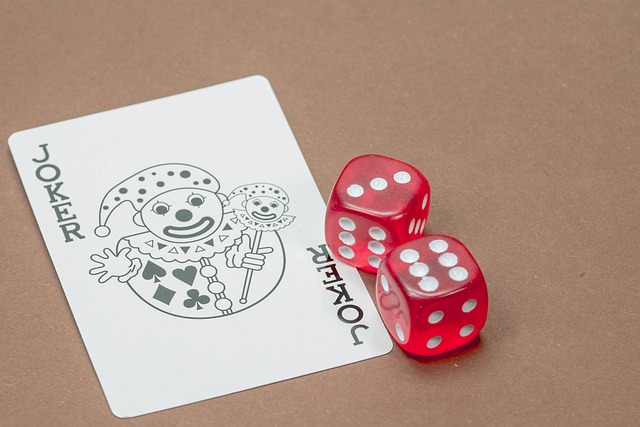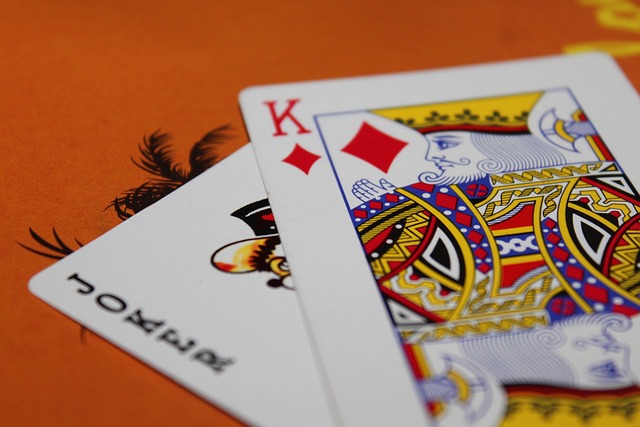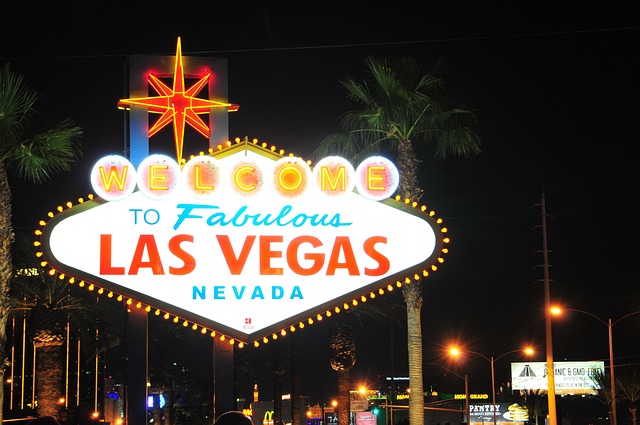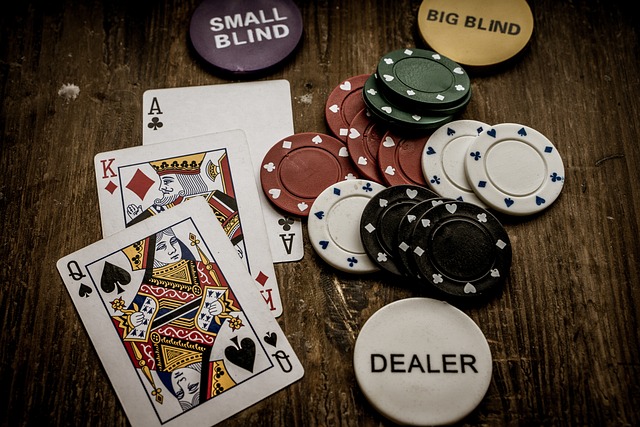If you are for the first time at a poker table, you may have great problems to understand the discussions between the players. Equally valid for online poker, where, in the chat room, internets talk about their hands, about the action of one of the opponents or about poker in general.
This is because, over time, Hold’em has created a specific language, which, for a neophyte, may seem at many times like a foreign language.
In the following we will try to identify and explain the most popular terms in poker, which could create understanding problems.
Glossary for the most used terms in poker
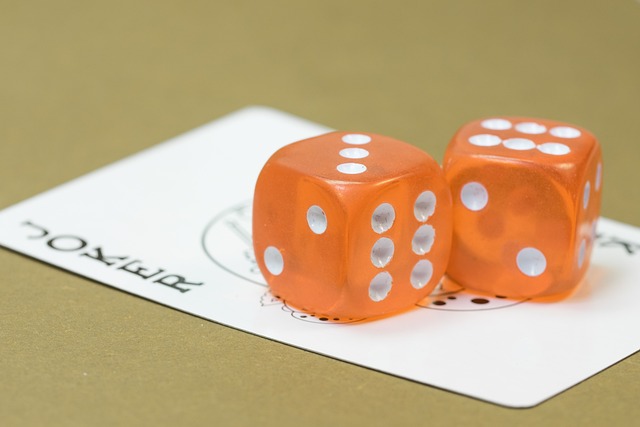
All-in-when the player puts all his sheets into play, in a possible. If it is paid by several fighters, and the respective has fewer chips, the dealer will create a side-up, to which only the other players have access.
Ante – the sheets that all players have to put in can before dividing the books, independent of blinds. Generally, the ante in the final phases of the tournaments are used to stimulate the action.
Back Door – a hand that needs a tower and river to become a winner. “Back Door Flush”: the player can combine only three books of the same color (let’s say the trefle), but on the last two streets there are two more books with this symbol.
Bad drunk – a very good hand is defeated by another, which, in some cases, can be completed late. Term used in general when a player apparently loses with the strongest hand.
Big Slick – Nickname used to identify the combination of AK books.
Blinds – the sheets that the first two players on the left of the dealer must put in the flop from the beginning, until the books are divided.
Bluff – bet with a weak hand, in the hope that the others will fold and you will have access to an pot that, under normal conditions, you would lose.
Calling Station – an opponent who pays with any books, having a very loosal style. Often used in a pejorative sense, because sometimes it happens that such players will complete their hand on the tower or river, although they had very small chances.
Check Raise – when it’s your turn you choose not to ask, because then, to the extent that someone is laughing, you will come up with re -raise. An advanced strategy, which can mean hiding an excellent tomorrow, but also a play made so that you force the other to throw itself.
Donkey – used to identify players who evolve extremely weak and pay very often, even if probabilities are always against them.
Double Belly Bush – a hand that has two possibilities to complete the winner. Example: you have KJ in your hand, and on the flop I come 7 9 10. With any 8 or q you do, giving you the same number of outs (winning variants) – 8 books (four optors, four ladies) – like a ” Open Ended Straight Draw “(Chinted in two heads).
Flop – After the first round of betting, you will see the first three common books, which bear this name.
Gutshot (Inside Straight Draw) – a wearing draw that has only four outsks to complete. If you have a QJ in your hand, and on the flop there are 8 and 9, only the four decays in the package can help you for much coveted chin.
Heads -up – Poker game one vs one. There is the possibility to play against a single opponent from the beginning, if you choose this type of game, but most of the time it is used to designate the last two players left in a tour.
To isolate – to make a raise with the intention of causing others to fold, so that you stay in a single opponent.
Limp – to go with “call” to one hand, without other claims of enlargement.
Monster – an excellent hand, which is almost certainly winning.
Mick – to fold the books, without showing others. You accept that the other is better than you and you don’t want to give additional details about what you had in your hand.
Nuts (also called “The Brazils”) – the best possible hand, the best combination of books at that time.
Out – the book that can improve your hand noticeable so that this becomes, almost certainly, the best. Example: you have a 3 rhombus in your hand, and two other rhombuses come on the flop. You currently have 9 outs (the nine rhombuses left in the pack) to make color (flush).
Pochet Rockets (American Airlines) – designates a pair of aces in someone’s hand.
Quads – term used for the box (four books of the same kind).
RAGS – book without any apparent significance, which helps absolutely nothing.
Rainbow – three (on the flop) or four books (on the tower) of different colors, which do not allow someone to take color.
River – the last book in Community Card, fifth.
Runner -unner – a hand that is complemented by the last two books (on the tower and river). When you own, for example, two cups in hand, and only one red heart book appears on the flop; However, on the last two streets, the dealer will put two other cups.
Sandbag – when you initially hide the power of your hand, preferring to play slow so you can allow the opponent to catch something that would justify introducing chips into POT. Only at the end of your hand will you try to make the most of your excellent hand and extract as many sheets as possible.
Set – when you have a pair in your hand (say 77), and another 7 pieces made with two books in your hand appears.
Tilt – the times when you feel frustration, in which you lose control. The phenomenon by which a player turns because of the accumulated nerves is called “tiltare” and can be decisive in losing all the chips in front. Tilt usually occurs when you hit a drunk bad or you lose an extremely big.
Trips – three pieces, but made with a single book in hand and two on the board.
Tower – the fourth book from the common board, between flop and river.
Under the Gun – the player who has to act first at the game table, the first to the left of the dealer button.
Wheel-the smallest Chinta: A-2-3-4-5. It also bears the name of “bicycle”.
Knowing the majority of the mentioned terms is essential to understand what is happening at the game table. Thus, you will also speak on the language of the opponents and you will understand without difficulty what communicates.
